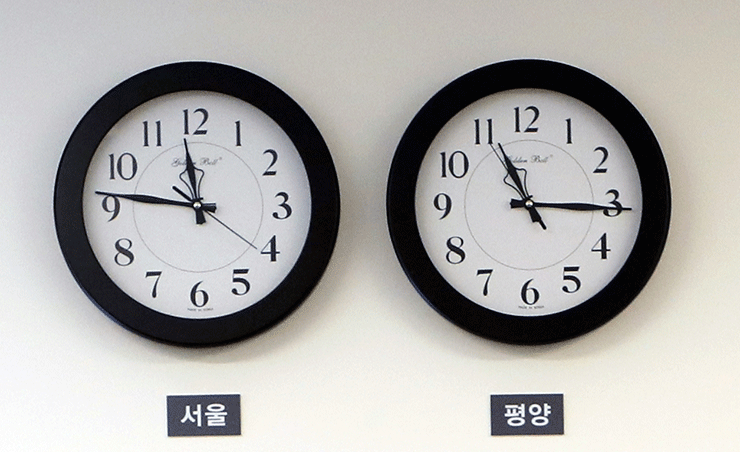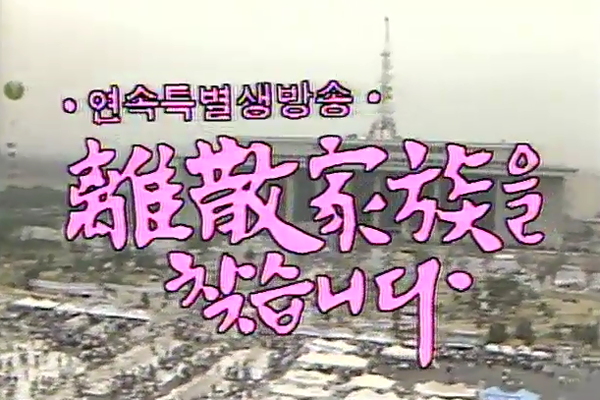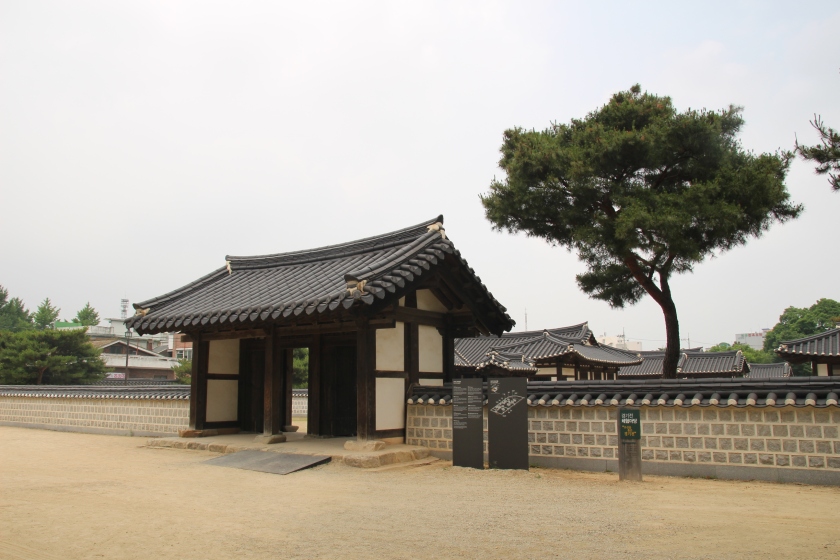Goodbye, Pyongyang Time Zone
[Image description: Two clocks on the wall, side by side. One reads 11:46 (Seoul), and the other reads 11:16 (Pyongyang). Source: Yonhap Agency] Today, Pyongyang’s 30-minute difference with Seoul (and Tokyo) time zone will cease to be, as Kim Jong-Un orders North Koreans to set the time forward to match that of South Korea. “To reconcile our history” seems to be a prominent reason. However, if the Korean peninsula wants to reconcile with its history, it should actually be be Seoul changing its time 30 minutes back, considering the current Seoul time zone was implemented by the Japanese colonial government. As I’m writing this, a Dutch friend tells me: “Well, the South can’t very well do that; makes it look like Seoul is ceding to a Communist Revolution”. Basically, I’d be a jongbuk for saying this. http://www.theguardian.com/world/2018/may/05/time-for-change-north-korea-moves-clocks-forward-to-match-south






